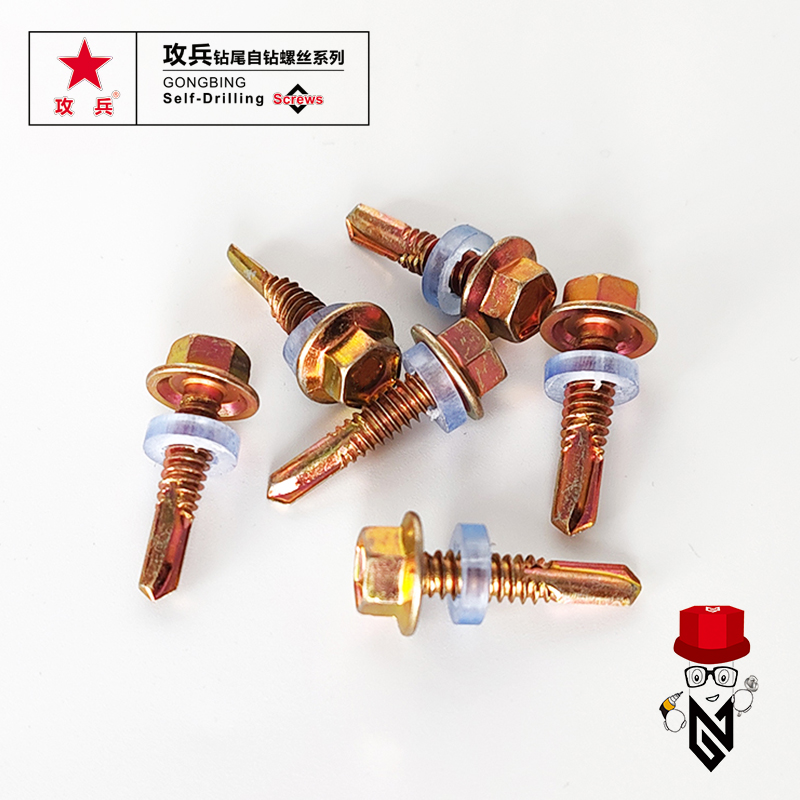Chemical Anchors for Securing Bolts in Concrete Applications A Comprehensive Guide and Overview
Chemical Anchor Bolts for Concrete A Comprehensive Overview
In the construction industry, ensuring robust connections between structural elements is paramount. One of the effective solutions for achieving this integrity is through the use of chemical anchor bolts. These innovative fasteners have become increasingly popular due to their exceptional performance in securing materials to concrete, providing the necessary strength and stability required in various applications.
What Are Chemical Anchor Bolts?
Chemical anchor bolts are specialized fasteners that utilize a two-part adhesive system to bond with the concrete substrate. Unlike traditional mechanical anchors that rely purely on physical expansion or friction to secure themselves within the concrete, chemical anchors use a resin or adhesive, which is mixed with a hardener, to create a strong bond. This resin is typically injected into pre-drilled holes in the concrete before the anchor bolt is inserted. As the resin cures, it forms a very strong adhesive bond with both the bolt and the concrete, leading to excellent load-bearing capabilities.
Applications of Chemical Anchor Bolts
Chemical anchor bolts are versatile and can be used in a variety of applications, including
1. Structural Support They are commonly used in the construction of buildings and bridges, providing essential support for structural elements like beams, columns, and shear walls.
2. Industrial Settings In factories and warehouses, chemical anchors are crucial for securing equipment and machinery to concrete floors, preventing any potential shifts that could lead to dangerous situations.
3. Anchor Points Safety installations, such as for fall protection, often employ chemical anchor bolts to ensure that the anchors used in these safety systems are extremely secure and reliable.
Advantages of Using Chemical Anchor Bolts
Several advantages make chemical anchor bolts a preferred choice among engineers and contractors
chemical anchor bolts for concrete

1. High Load Capacity The bond created by the chemical adhesive results in a high load capacity, making these anchors suitable for heavy-duty applications.
2. Corrosion Resistance Many chemical anchor systems are designed to resist corrosion, making them ideal for outdoor or highly humid environments.
3. Flexibility in Installation Chemical anchors can be installed in various concrete conditions, including those that are cracked or under tension, where traditional anchors may fail.
4. Reduced Vibration and Shock Sensitivity Since they engage with the substrate through adhesive rather than mechanical means, they tend to be less sensitive to vibrations and shock loads.
Considerations When Using Chemical Anchor Bolts
While chemical anchor bolts offer numerous benefits, there are factors that must be considered during their installation
1. Curing Time Depending on the product, the curing time can vary, meaning that load should not be applied until the adhesive has fully set.
2. Temperature Sensitivity Some adhesives perform better within specific temperature ranges, so understanding these specifications is critical for successful installation.
3. Surface Preparation Proper preparation of the concrete surface is essential for achieving a strong bond. This may include cleaning the drilled holes and ensuring they are free of dust and debris.
Conclusion
Chemical anchor bolts represent a significant advancement in fastening technology, providing a reliable and effective solution for securing materials to concrete. Their versatility, high load capacity, and resistance to environmental factors make them an invaluable tool in many construction and industrial applications. By understanding the properties and proper installation techniques of chemical anchors, professionals can enhance the safety and durability of their projects, ultimately contributing to the integrity of the built environment.
-
Weatherproof Plastic Expansion Anchors for OutdoorNieuwsJun.06,2025
-
Sustainability in the Supply Chain: Eco-Friendly TEK Screws ProductionNieuwsJun.06,2025
-
Load-Bearing Capacity of External Insulation FixingsNieuwsJun.06,2025
-
Double Head Bolts: Enhancing Efficiency in Industrial MachineryNieuwsJun.06,2025
-
Corrosion Resistance in Chipboard Screws: Coatings for Wholesale DurabilityNieuwsJun.06,2025
-
Butterfly Toggle Bolts : Enhancing Structural ResilienceNieuwsJun.06,2025
